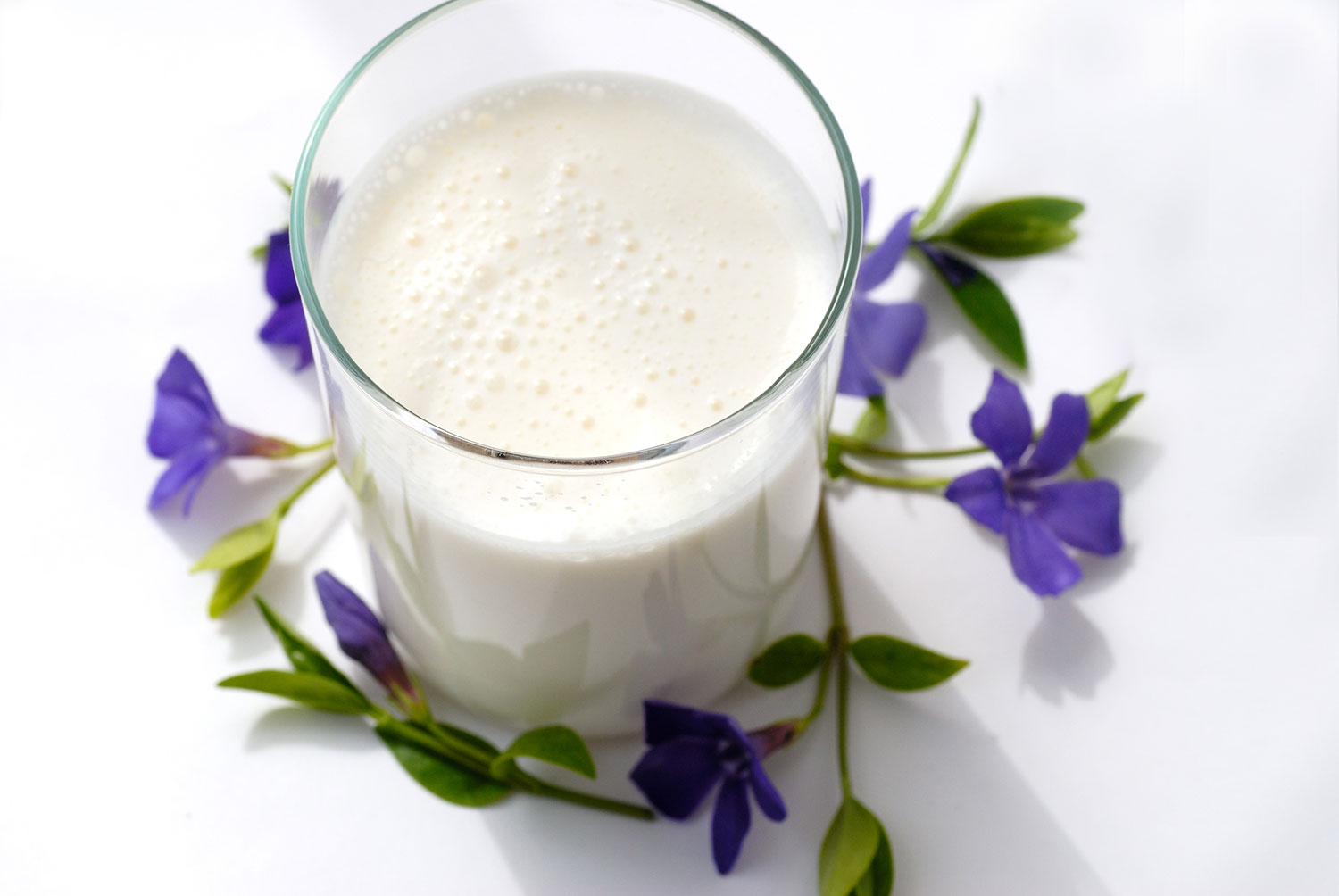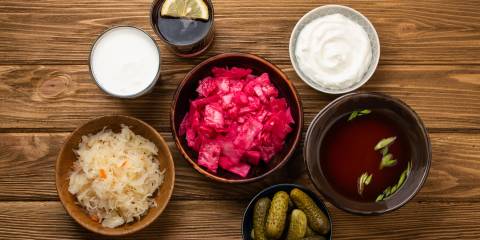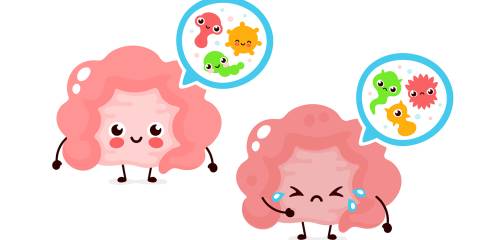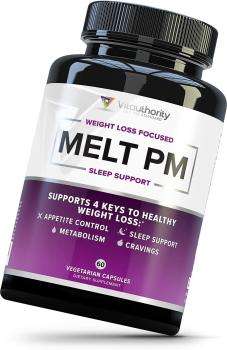A fermented dairy product, kefir is rich in antioxidants as well as lactobacilli and bifidus bacteria. The word "kefir" comes from the Turkish word keif, which means "feeling good." While many Americans pronounce the word as "KEE-fer," the correct way to pronounce it is "kuh-FEAR."
Kefir outperforms yogurt in both CFU (colony forming units) and the number of strains of probiotics it offers. Each cup of kefir may contain up to 12 different strains of live, active cultures. These strains of good bacteria can help cure recurring Clostridium difficile infections (the diarrhea-causing bacteria that plagues hospital patients), reduce the duration of respiratory infections in the elderly, protect the body from toxins, relieve cold and flu symptoms in children, and fight yeast infections.
This tangy, thick beverage also contains active yeast and bacteria to aid digestion, encourage gut health, and help keep weight int check. Probiotics are recommended for anyone taking antibiotics, which destroy beneficial as well as harmful bacteria.
According to Andrew Weil, MD, kefir may be a better choice than yogurt for some lactose-intolerant individuals.





